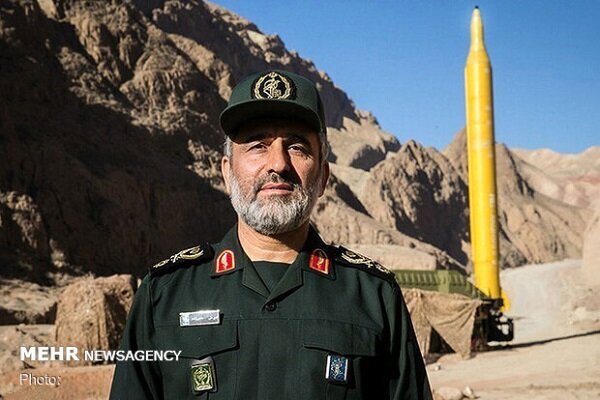Israel put hundreds of warplanes on alert to counter Iran op.

“Around 221 warplanes were put on alert to prevent Iran’s strikes,” Brigadier General Amir Ali Hajizadeh, commander of the IRGC’s Aerospace Division, said in the north-central Iranian city of Qom on Thursday.
The multi-pronged strikes saw the Iranian Armed Forces launching dozens of drones and missiles towards the occupied territories late on April 13. The retaliation, dubbed Operation True Promise, inflicted heavy damage on Israeli military bases across those territories.
The operation came in response to the regime’s aggression against the Iranian diplomatic premises in the Syrian capital Damascus on April 1. The aggression had led to the martyrdom of two generals of the IRGC’s Quds Force, Brigadier General Mohammad Reza Zahedi and General Mohammad Hadi Haji Rahimi, as well as five of their accompanying officers.
“The usurping [Israeli] regime’s recourse to the atrocity was a miscalculation,” Hajizadeh said, adding, “They [had] presumed that Iran would not respond to their atrocity, and that the [regional] resistance force would take action instead of Iran.”
The commander noted that the Islamic Republic deployed only “20 percent” of its military might during the operation.
“The Israeli regime and the United States (Israel’s biggest ally) equipped the regional countries to defend Israel [in the face of the Iranian operation] as means of preventing the damage that the Iranian response could cause,” he said.
The commander, meanwhile, noted that the history of the region had now been “divided into before and after Operation True Promise,” adding that the Iranian retaliation had served to “hearten the [regional] resistance axis” in its struggle against the occupying regime.
MNA/Press TV
(MNA)






